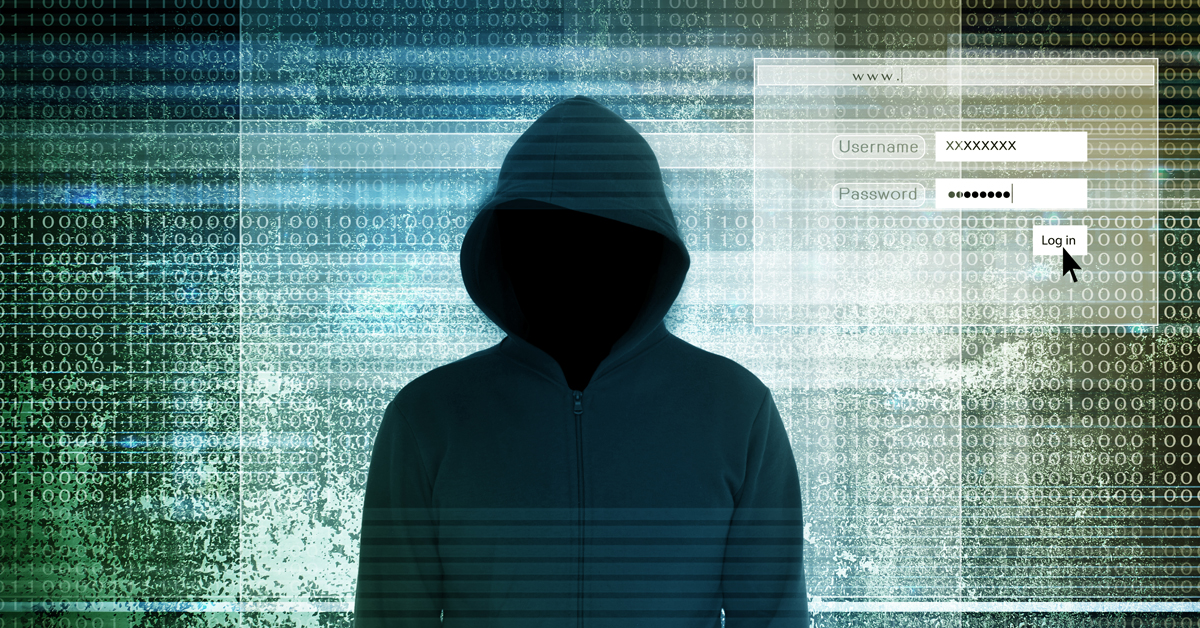
While technology certainly has its advantages, it’s also made it exponentially easier for important personal information to fall into the wrong hands. Cybercrime, referring to any type of crime that takes place primarily online, continues to rise despite technologies’ best efforts to safeguard against it. In fact, 2020 has seen a large uprising in cyber-attacks. While there is unfortunately no way to guarantee your safety and well-being as you peruse the internet, there are certainly some precautionary measures you can take to lessen the chances you will become a victim of cybercrime.
Purchase Security Software
As cybercrime has become more prominent, so has the production of quality security software geared towards preventing this type of crime. Most computers already have one version or another installed, which can be activated for a small monthly or yearly fee. Microsoft Windows 10 comes with Defender pre-installed, providing adequate protection at no charge. Companies like Malwarebytes, Avast, and TrendMicro diligently scan your computer on a regular basis to keep it free of the malware, viruses, adware and spyware that could allow cybercriminals to gain access to your information, making them well worth the cost.
Use Strong Passwords
Since the dawn of the internet, users have been cautioned to use strong passwords that will be hard for potential hackers to figure out, but unfortunately, that doesn’t seem to have done much good. According to SplashData, in 2019, the most commonly used passwords were simplistic combinations such as 123456, 111111, 54321, or even the word “password” itself.
While many websites and applications have changed their password requirements to include a combination of letters, numbers, and special characters, it’s not foolproof. It is also important to not use the same password for all your separate log-ins. One method that can help is called the “root method”. Create a root password, containing a number, word with upper and lower characters, and a special character. Then simply tack on the first three letters of the site or company to the end of the root. Now you only have to remember the root, and you have a unique password for every site.
Follow Through with Updates
Yes, updating your computer, phones, and individual applications can be time-consuming and relatively frustrating, but there’s a good reason to do it! Within these updates are the latest defenses to protect your devices from cybercriminals, who are constantly looking for flaws in software that will enable them to gain access.
Consider Your Privacy Settings
When it comes to social media, you can’t be too careful! The first step in safeguarding your social media platforms from cybercriminals is by changing your settings to private (allowing only the people who you are directly connected to online to access the personal information you’ve provided). If that’s not a viable option, at least be mindful of what you post. Something as seemingly benign as posting about your pets or children could be just the hint a cybercriminal needs to guess your passwords. Also be careful about posting vacation pictures to public profiles, as this tells criminals you’re away from your house.
Keep Your Credit Card Information on Lock
It’s certainly convenient to be able to complete your online purchases with the click of a button, but that doesn’t mean storing your credit card information is always a smart idea. Even on your own phone or personal computer, storing this data means it’s that much closer to falling into the wrong hands. Instead, take the time to enter your data with every purchase or, better yet, make your purchases by calling the vendors directly.
Follow Major Security Breaches
If you learn there’s been a security breach with any merchant with whom you do business, it’s worth doing your homework to find out what information the hackers got access to. You will immediately want to change your password with the merchant as well.
Monitor/Freeze Your Own Credit
With free applications like Credit Karma, it’s never been easier or more accessible to keep track of your credit report. Checking it once a month will help you monitor any changes or activity that was not initiated by you. Or visit the government’s site annualcreditreport.com for free.
Additionally, take the time to go through your credit card statements each month to check for any unauthorized transactions. Catching cybercrime early can be the difference between a small inconvenience and a life-changing event. For the most protection, freeze your credit with all three agencies (TransUnion, Experian, Equifax). You only need to temporarily unfreeze your credit to apply for a new account, but otherwise criminals cannot open new accounts in your name.
Know What You’re Clicking On
When it comes to the internet, if it sounds too good to be true, it probably is. Avoid the temptation to click on every tantalizing link promising easy riches or following questionable links sent in emails from people you don’t know. More often than not, these are bait put out by cybercriminals to gain access to your information or even crash your device.
Report It!
If you’ve become the unfortunate victim of cybercrime, take the necessary steps to report it to the proper authorities. Cybercrime is much harder to track, but the more information local police, the FBI, and the Federal Trade Commission have, the harder they can work to prevent similar crimes from happening again in the future. Make sure to also contact the companies, vendors, and banks where the fraudulent activity occurred, and place alerts, or freeze on your credit reports through all three major credit bureaus.
Use a Secure Hosting Provider
It can be extremely tempting to cut corners and save a few dollars by using one of the many free website hosting options available on the internet. The problem with this, however, is there is no guarantee your information is safe or private from hackers and cyber-attacks (which means your site visitors’ information isn’t necessarily safe, either). To avoid potential issues, look for a web hosting provider that is PCI compliant. This will not only help to keep your site secure, but it will also help your SEO on both Bing and Google search engines.
Educate Your Staff
If your staff and co-workers aren’t properly educated on cyber safety, there’s no way for you to ensure they won’t get ensnared by one of the many traps out on the internet. Teach them about the dangers of pop-ups and unwanted emails and how they can negatively impact your online presence. Training in this regard should be done at the hiring process and periodically throughout an employee’s duration at your company to keep them aware of the new threats that are constantly surfacing.
Get a Suitable Firewall
Without a decent firewall in place, it becomes exponentially easier for hackers to access your payment terminal. A firewall can determine when information is being taken from your network relatively easily and can shut down at the first warning sign to protect your data. Not only does it keep hackers at bay, but it also protects your computer from malware. If considering purchasing a firewall, look for a product that has spam filtering capabilities, antivirus protection, and can monitor SSL encrypted data.
Create a Separate Network for Payments
If your site does a lot of transactions, it may be worth your time to look into getting a separate network that can be set up solely for processing payments. This makes it a whole lot more difficult for hackers to access your payment information because only a select few individuals within your company will have the authorization to access the information. Hackers typically gain entry to your system through employee computers, so the less computers the network is on, the better.
Backup Regularly
Make sure all your important files are being securely stored and regularly backed-up in case of a cyber-attack or a virus. This way, if the worst does happen, you are only a few simple steps from recovering your data. Hard drives are good, but they can also fail, which leaves your business in a very vulnerable place.
Email Security
How many times a day do you receive spam email in your inbox? Chances are that upwards of 50% of the email you are getting on a daily basis fall into that category and, unfortunately, the United States is at the top of the list when it comes to spam generators. Spam email can negatively impact your cyber security in a big way, therefore, it’s extremely important to monitor the influx of spam that is coming into your business. Get anti-spam software, choose strong email passwords, don’t click on links within emails unless you are absolutely sure they are safe and absolutely DO NOT open attachments unless you are certain where they’ve come from.
Purchase a VPN Server
VPN stands for virtual private networks and they can be very effective in helping to keep your information safe and your business secure. These networks connect to websites using an encrypted virtual tunnel and they mask your IP address by replacing it with the server’s IP address. Because all of your information is encrypted by the VPN, there is virtually no way for a hacker to access your personal data.
2020 has been a doozie thus far. Don’t let it get any crazier by putting yourself in a position where you have to battle a cyber-attack. While there’s no 100 percent safety guarantee pertaining to internet use, taking these simple steps will certainly help your efforts to safeguard your personal information.

Contact the author